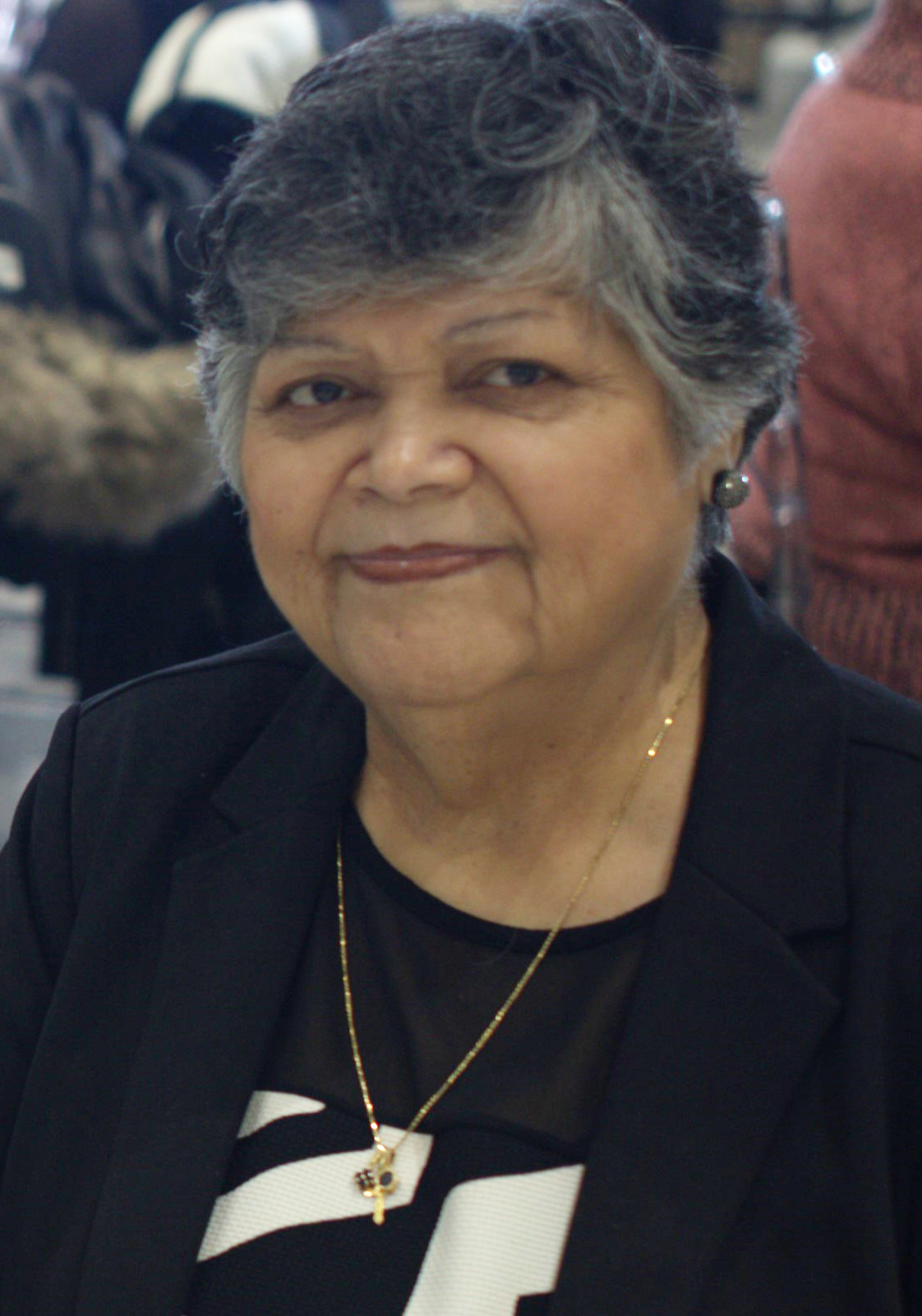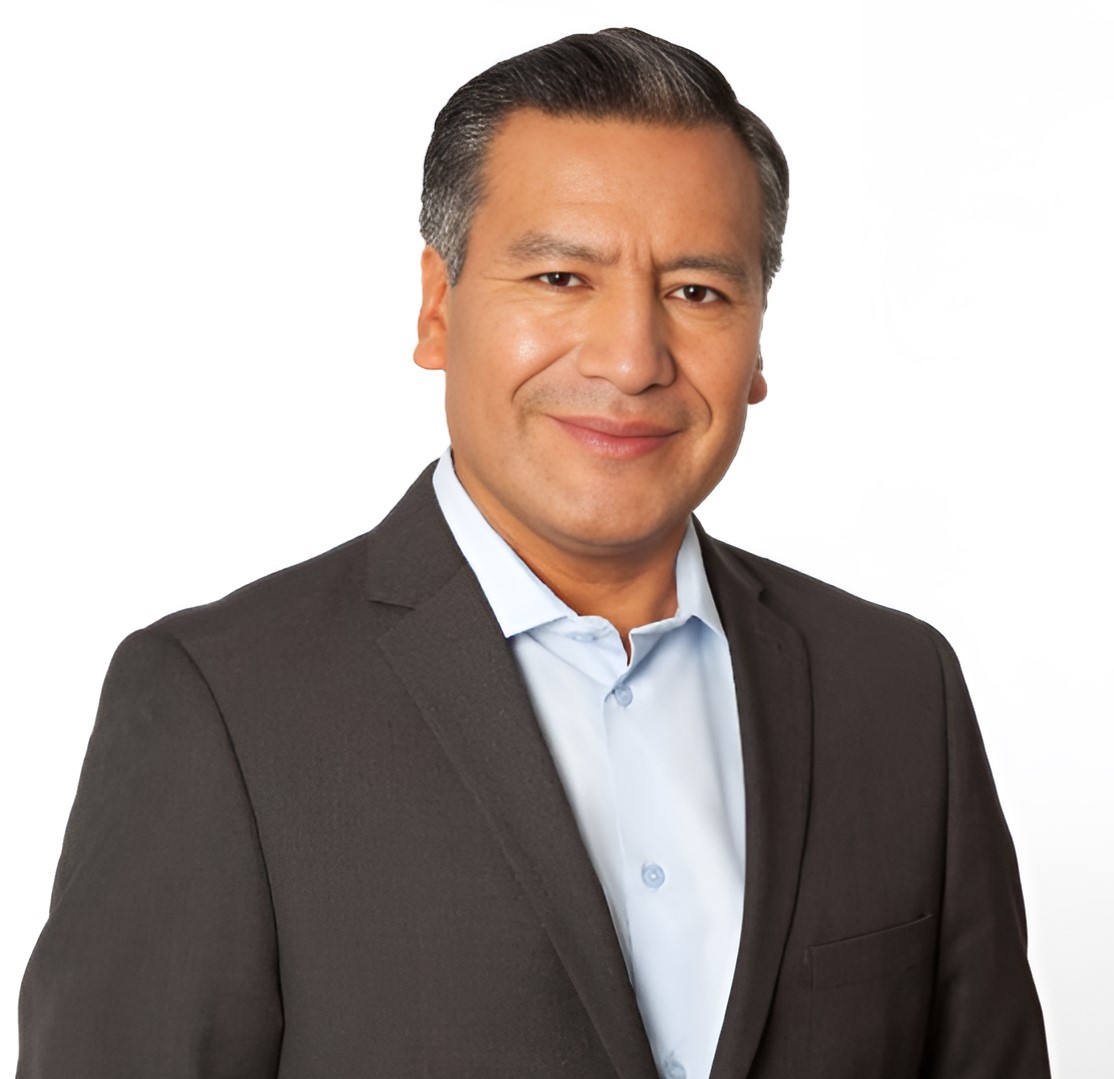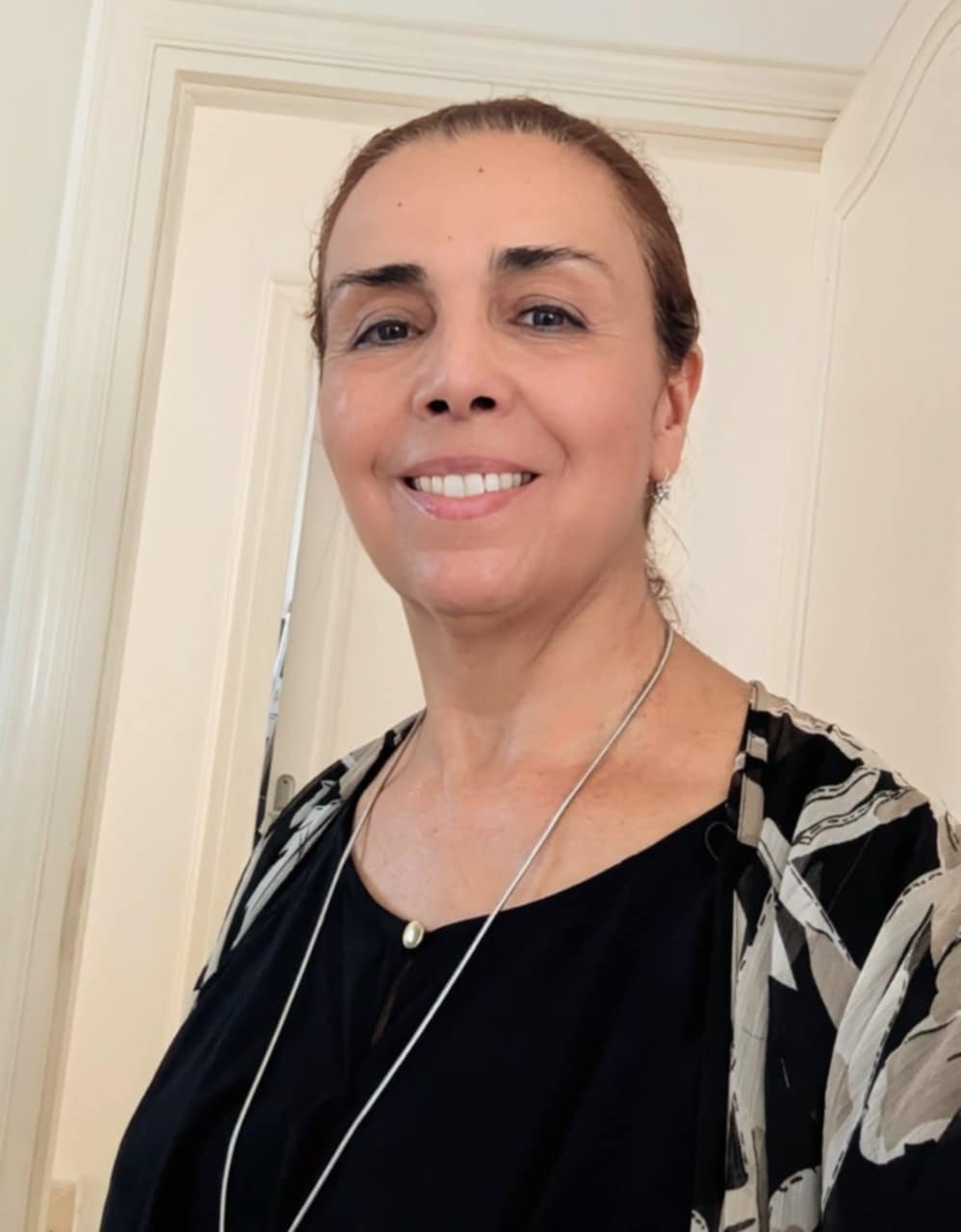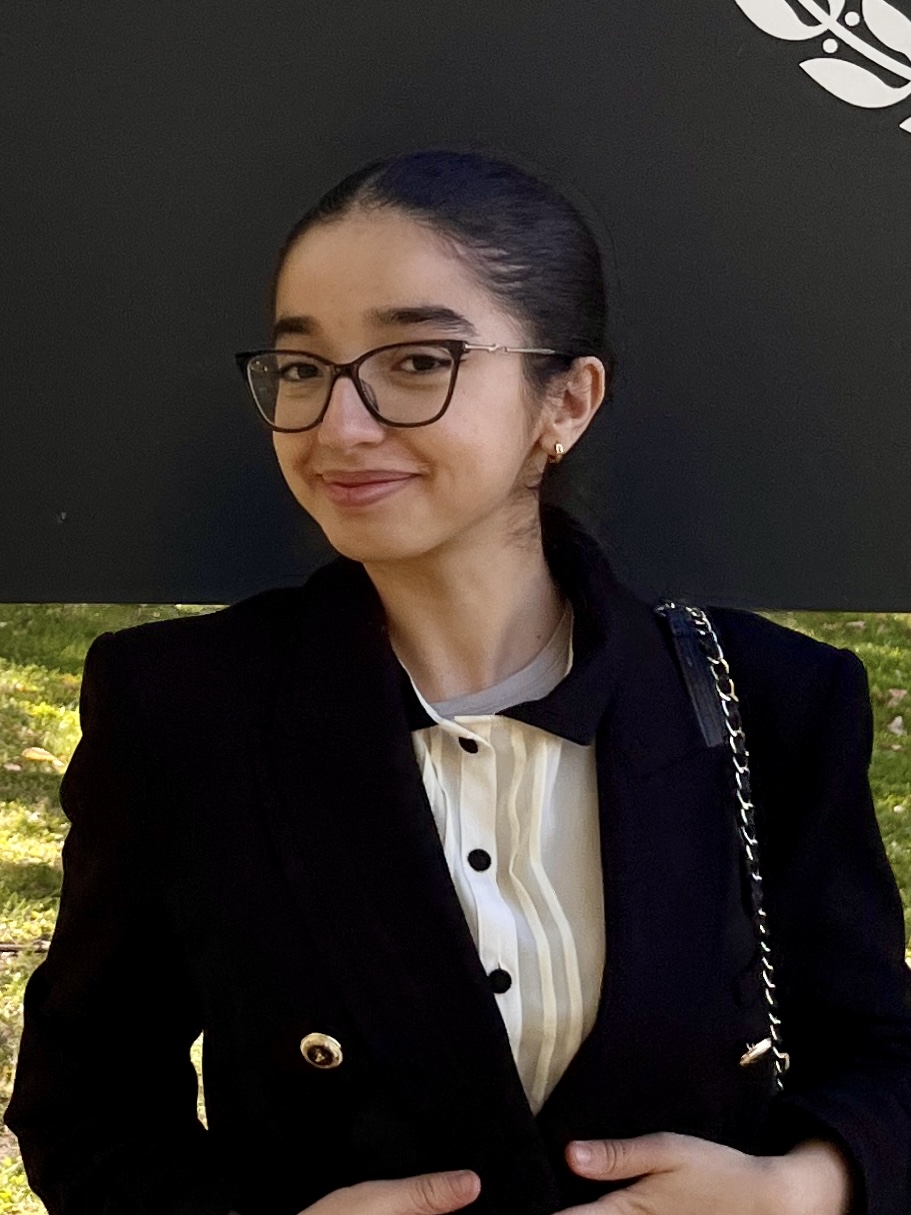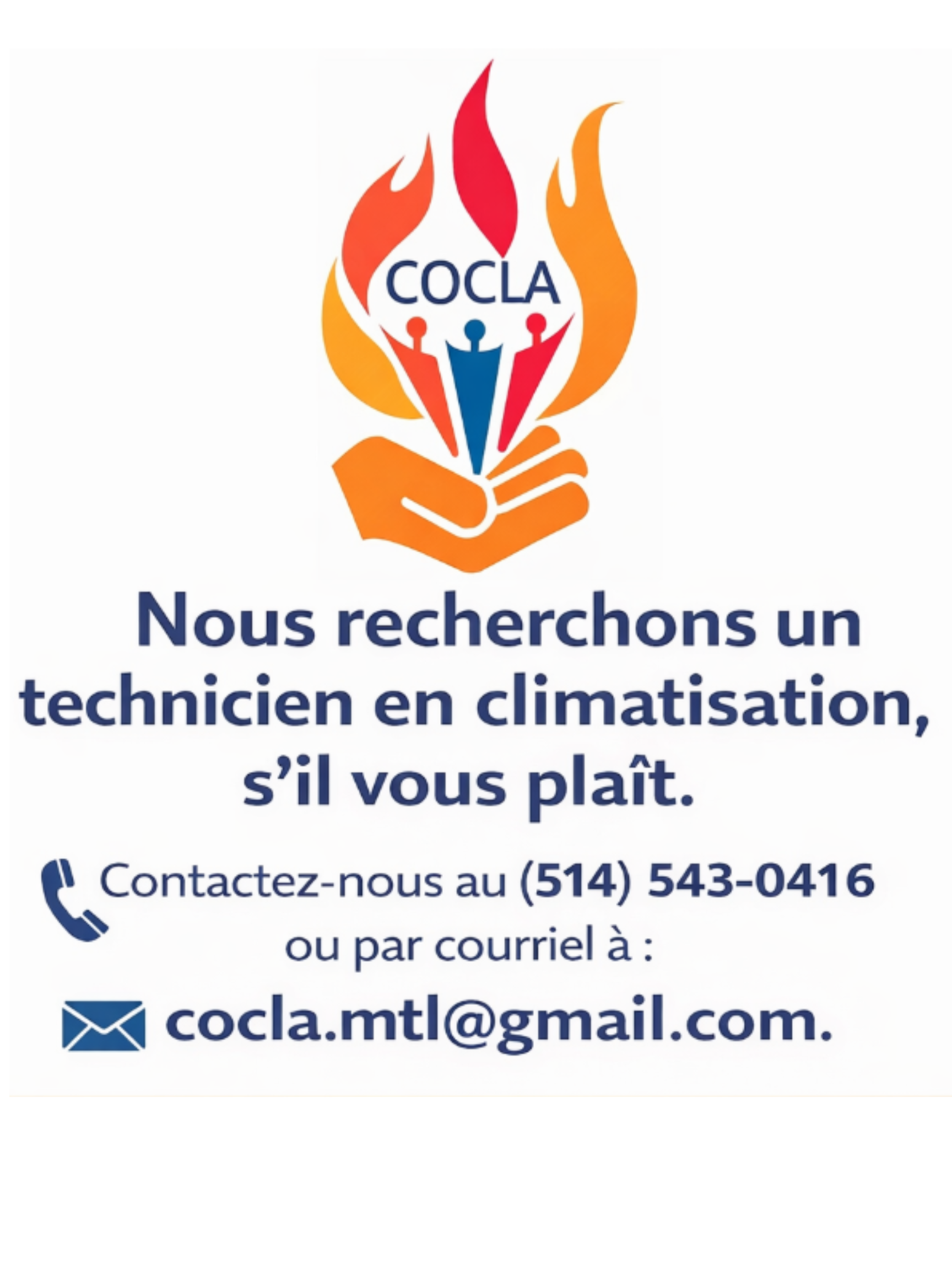COCLA's first initiatives (1979-2005) included food distributions in basket format, accompanied by a popular meal, intended for low-income families. Supported by a team of dedicated volunteers, the organization has grown while adapting its services to emerging needs.
Who Are We?
The History of COCLA
Foundation and local roots since 1979, COCLA (Laurentian Community Corporation) was born from a desire to meet the essential needs of Saint-Laurent residents. Initially, the organization worked mainly to respond to food insecurity by providing access to nutritious meals to neighborhood families and seniors. Our organization is driven by values of mutual aid and solidarity. COCLA quickly established itself as a key player in local community life.
From humble beginnings to a lasting vision: COCLA established itself in the Saint-Laurent neighborhood to help Latino communities facing food insecurity and integration into the Canadian way of life. Today it has beneficiaries from all four corners of the planet, but mainly Arabs, Africans, Europeans, and Asians.
Phase 1: Foundation and Rooting
Phase 2: Growth and Innovation
In the years 2010-2015, COCLA began to develop projects focused on social inclusion and the solidarity economy, recognizing that poverty and isolation require global and sustainable solutions.
In 2013, COCLA launched Nutri-COCLA, an innovative integration and social economy project. This program collects unsold food to transform it and redistribute it through social grocery stores and food counters. This unique model has helped reduce food waste, while creating employment opportunities for marginalized groups.
At the same time, COCLA has strengthened its services for vulnerable seniors and families, in particular thanks to the introduction of the ITMAV program (Middle Worker for Vulnerable Elders) in 2015. This program offers personalized support to help isolated people access community resources.
Phase 3: A gray period of community metamorphosis
During the pandemic, the COCLA team and volunteers were the only ones in the district to be on the ground, 7 days a week and 15 hours a day, to provide food access for confined families, by distributing door-to-door to thousands of beneficiaries.
Phase 4: Consolidation and Expansion
COCLA is now in its Phase 4 of Consolidation, focused on broadening its impact and sustaining its projects. This phase includes strengthening infrastructure and upgrading equipment to support food processing and logistics. Thanks to this approach, COCLA consolidates its leading role in sustainable community development and prepares for the future with solid and inclusive foundations.
COCLA doesn't just do food; the organization notably has a program to help seniors in situations of social isolation (ITMAV). The role of ITMAV, a provincial government program, is to meet seniors in the living environments they frequent in the Saint-Laurent borough, inform them about existing resources, refer them, and support them in their steps to break their isolation.
COCLA, an agent of change serving inclusion and community resilience.
A Model of Resilience and Social Impact
Today, COCLA is recognized as a driver of community change, promoting sustainable food security, equitable social integration, and the development of the circular economy. Its integrated approach combines social innovation, education, and eco-responsible practices.
Future Vision
COCLA continues to expand its impact by relying on strategic partnerships and developing pilot projects responding to new societal challenges. The organization envisions a future where inclusion, solidarity, and sustainability remain at the heart of its action, while inspiring other communities to adopt similar models.
COCLA: Nourish, Integrate and Inspire
By promoting local resources and placing people at the center of its initiatives, COCLA remains faithful to its mission of transforming lives and communities for a more just and prosperous future.
Slogan: COCLA – Together to Nourish the Future, Build Inclusion, and Cultivate Solidarity.
COCLA is committed to reducing food insecurity, stimulating the social economy, and promoting the integration of communities, including seniors, families, and new immigrants, by developing innovative and sustainable projects.
We promote local resources, reduce food waste, and create employment opportunities that are inclusive and accessible to all, thus contributing to equitable, supportive, and sustainable development.
Our Vision
COCLA aspires to become a reference model in sustainable community development, where social inclusion, food security, and the circular economy come together to build an equitable and resilient society.
We envision a future where:
- Every individual, including seniors, families, and new immigrants, has access to healthy, affordable food.
- Local resources are fully exploited, thereby reducing food waste and stimulating a prosperous social economy.
- Innovative and collaborative projects create inclusive jobs and strengthen ties between community members.
Our values
Commitment to Action:
These values guide each of our actions to build an inclusive, sustainable, and prosperous community, where no one is left behind.
Inclusion
We believe in a community where everyone – including seniors, families, and new immigrants – has their place and can actively contribute to society.
Solidarity
We promote mutual aid and sharing to create strong bonds between members of the community, while fighting against social isolation and food insecurity.
Innovation
We develop creative and sustainable solutions to address social and environmental challenges, leveraging modern technologies and practices.
Sustainable Development
We are committed to preserving natural resources, reducing food waste, and promoting eco-responsible practices in all our initiatives.
Equity and Accessibility
We advocate for equitable access to resources, services, and employment opportunities, with a focus on equal opportunity for all.
Community Resilience
We strengthen the capacity for adaptation and autonomy of individuals and communities to build a prosperous and united future.
Valorization of Local Resources
We recognize the importance of local resources and work to optimize them to boost the social economy and support community businesses.
Respect and Dignity
We act with empathy, respect, and cultural sensitivity, valuing diversity and protecting human dignity.
COCLA: A Social Economy Approach
The COCLA model is based on an integrated and holistic approach, combining food security, social economy, and community inclusion to build an equitable and sustainable future. It acts as a lever for social innovation, transforming challenges into opportunities for responsible and united development.
Strategies for COCLA
1. Sustainable Food Security Strategy
Objective: Reduce food insecurity while promoting local resources and minimizing waste.
Main Actions:
- Food recovery and processing: Collect surplus food to transform and redistribute it via social grocery stores and food counters.
- Education and awareness: Workshops on nutrition, food resource management, and waste reduction.
- Strategic partnerships: Collaborate with producers, retailers, and organizations to maximize supply and redistribution.
Expected Impact:
- Increased access to nutritious food for vulnerable populations.
- Significant reduction in food waste in the community.
- Strengthening culinary and food skills of beneficiaries.
2. Social Inclusion and Solidarity Economy Strategy
Objective: Promote the integration of seniors, families, and new immigrants while stimulating the social economy.
Main Actions:
- Socio-professional integration: Create employment and training opportunities in food processing and logistics management projects.
- Inclusive community projects: Intercultural workshops, mentoring, and learning programs to strengthen social and professional connections.
- Personalized support: Offer support adapted to the specific needs of vulnerable groups to facilitate their integration.
- Circular and green economy: Develop initiatives that respect the environment and generate sustainable income.
Expected Impact:
- Increased employment and integration opportunities for marginalized groups.
- Strengthening social cohesion and cultural inclusion.
- Development of a prosperous and responsible social economy.



